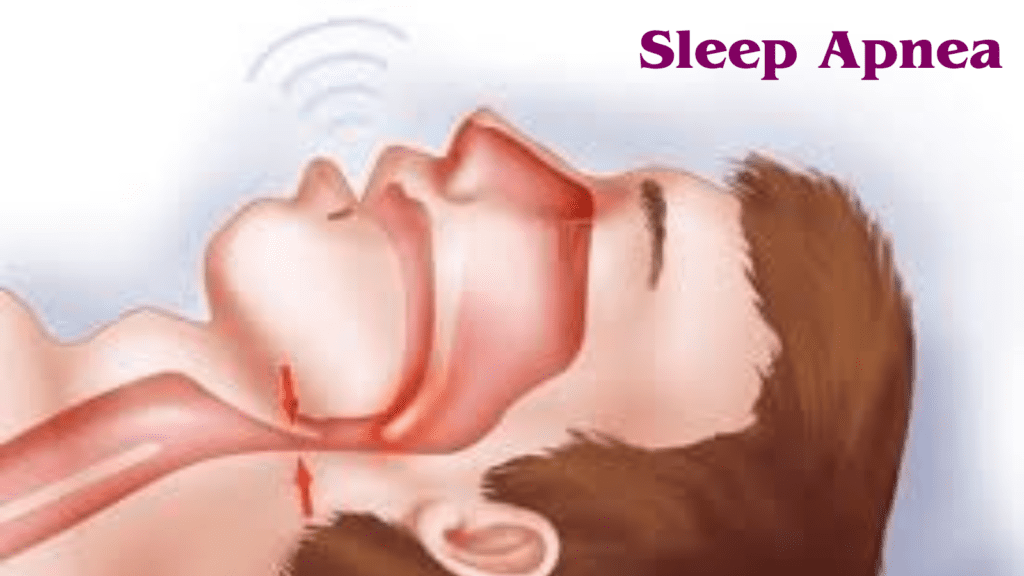Exploring Sleep Apnea: Causes, Symptoms, and Treatment

Sleep apnea is a common yet often misunderstood sleep disorder that affects millions of people worldwide. While it can have serious consequences if left untreated, awareness and education about sleep apnea can help individuals seek timely diagnosis and effective treatment. In this blog post, we will explore what sleep apnea is, its causes, symptoms, and various treatment options available to improve the quality of life for those affected by this condition.
What is Sleep Apnea?
Sleep apnea is a sleep disorder characterized by interrupted breathing during sleep. It occurs when the muscles at the back of the throat fail to keep the airway open, leading to brief pauses in breathing, sometimes lasting for several seconds or even minutes. These interruptions in breathing can happen numerous times throughout the night and may lead to a range of health issues if not addressed.
Types of Sleep Apnea
There are three primary types of sleep apnea:
- Obstructive Sleep Apnea (OSA): This is the most common form of sleep apnea and occurs when the throat muscles relax excessively, blocking the airway.
- Central Sleep Apnea (CSA): CSA is less common and results from the brain’s failure to send proper signals to the muscles responsible for controlling breathing.
- Complex or Mixed Sleep Apnea: This is a combination of both OSA and CSA and is relatively rare.
Common Causes of Sleep Apnea
- Obesity: Excess body weight, especially around the neck, can increase the risk of OSA as it may put additional pressure on the airway.
- Age: Sleep apnea becomes more common as individuals get older.
- Gender: Men are more likely to develop sleep apnea than women, although the risk for women increases if they are overweight or have a family history of the condition.
- Family History: A family history of sleep apnea can also increase the risk of developing the disorder.
- Lifestyle Factors: Smoking, excessive alcohol consumption, and sedative use can contribute to sleep apnea.
Common Symptoms of Sleep Apnea
The signs and symptoms of sleep apnea may include:
- Loud and persistent snoring.
- Gasping or choking during sleep.
- Frequent awakenings during the night.
- Excessive daytime sleepiness and fatigue.
- Difficulty concentrating and memory problems.
- Morning headaches.
- Irritability and mood swings.
- Decreased libido and sexual dysfunction.
- High blood pressure.
Health Risks Associated with Sleep Apnea
Untreated sleep apnea can lead to several serious health issues, including:
- High blood pressure (hypertension).
- Heart disease.
- Stroke.
- Type 2 diabetes.
- Depression and anxiety.
- Increased risk of accidents due to daytime sleepiness.
Treatment Options for Sleep Apnea
Fortunately, several effective treatments are available to manage sleep apnea:
- Lifestyle Modifications:
- Weight loss: Losing excess weight can significantly reduce the severity of OSA.
- Avoiding alcohol and sedatives: These substances relax the throat muscles, worsening sleep apnea.
- Positional therapy: Sleeping on your side rather than your back can help prevent airway obstruction.
- Continuous Positive Airway Pressure (CPAP):
- CPAP therapy involves wearing a mask over your nose or mouth during sleep, which delivers a constant flow of air to keep the airway open.
- Bi-Level Positive Airway Pressure (BiPAP):
- Similar to CPAP, BiPAP delivers different air pressure levels for inhaling and exhaling, which may be more comfortable for some patients.
- Oral Appliances:
- Dental devices or oral appliances can help reposition the jaw and tongue to keep the airway open.
- Surgery:
- In severe cases or when other treatments are ineffective, surgical options may be considered to remove excess tissue or correct structural abnormalities in the airway.
Conclusion
Sleep apnea is a serious sleep disorder that can have a profound impact on an individual’s health and quality of life. Recognizing the signs and symptoms of sleep apnea and seeking timely diagnosis and treatment is crucial. With proper management, individuals with sleep apnea can enjoy improved sleep, better health, and a reduced risk of associated health problems. If you suspect you or a loved one may have sleep apnea, don’t hesitate to consult a healthcare professional for a thorough evaluation and personalized treatment plan.
Disclaimer: This blog post is for informational purposes only and should not be considered a substitute for professional medical advice. Always consult with a healthcare provider for a proper diagnosis and personalized treatment plan.
Stay updated—subscribe now for informed empowerment!

